As scientists, we take a data-driven approach to developing and implementing effective conservation solutions. Our research covers a wealth of topics, species and landscapes, reflecting the breadth of conservation challenges faced across the world. WildCRU’s core work draws on a wide range of natural science disciplines, including ecology, behaviour, epidemiology, genetics, parasitology, biochemistry and physiology. Given the multi-faceted and human-centred nature of conservation, our research also involves other disciplines such as spatial analysis and modelling, economics and social sciences. This integrated approach provides the necessary expertise for developing workable conservation solutions.
You can browse our current programmes and projects by research theme, species or location below.
ON THIS PAGE:
- THEME
- SPECIES
- LOCATIONS
- PROGRAMMES
- PROJECTS
OUR RESEARCH COVERS 9 KEY THEMES
Click on a box to learn more about each theme and explore WildCRU work relating to this topic.
OUR RESEARCH INVOLVES NUMEROUS SPECIES
Some of WildCRU’s research is species-specific, and some involves numerous taxa across entire landscapes.
Currently we are working on a range of species including butterflies, Andean bear, giant armadillo, leopard, spotted and striped hyaena, serval, caracal, African and Asian elephants, Himalayan and grey wolves, short-eared dog, Borneo bay cat and flat-headed cat, dhole, red deer and Eurasian lynx.
Species which have had a particular focus in our long-term and programmatic research include:
Country
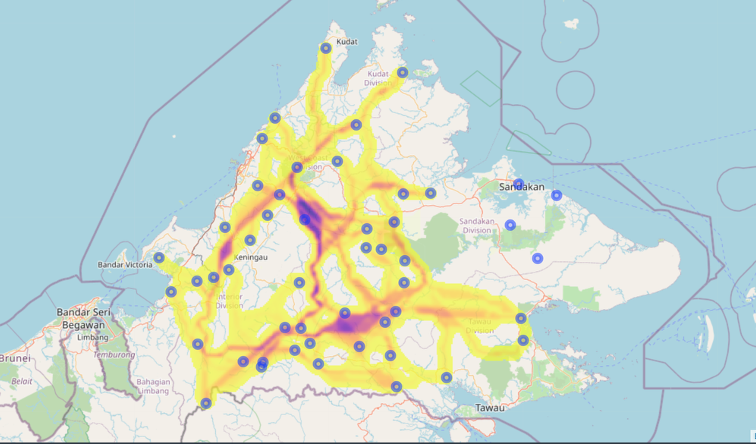
Connecting Landscapes Decision Support System
Find out more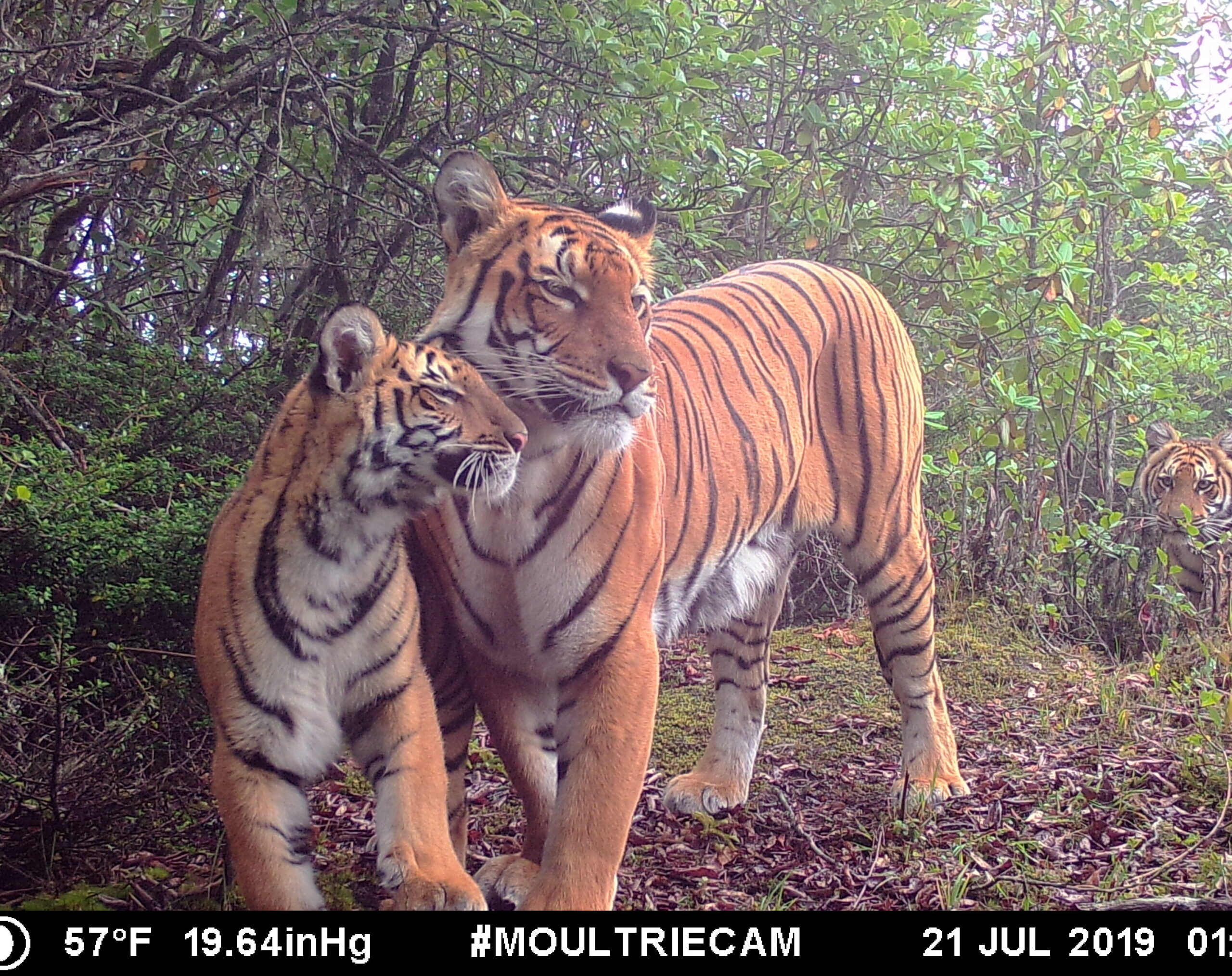
Bridging science and policy for land-use planning in Bhutan
Find out more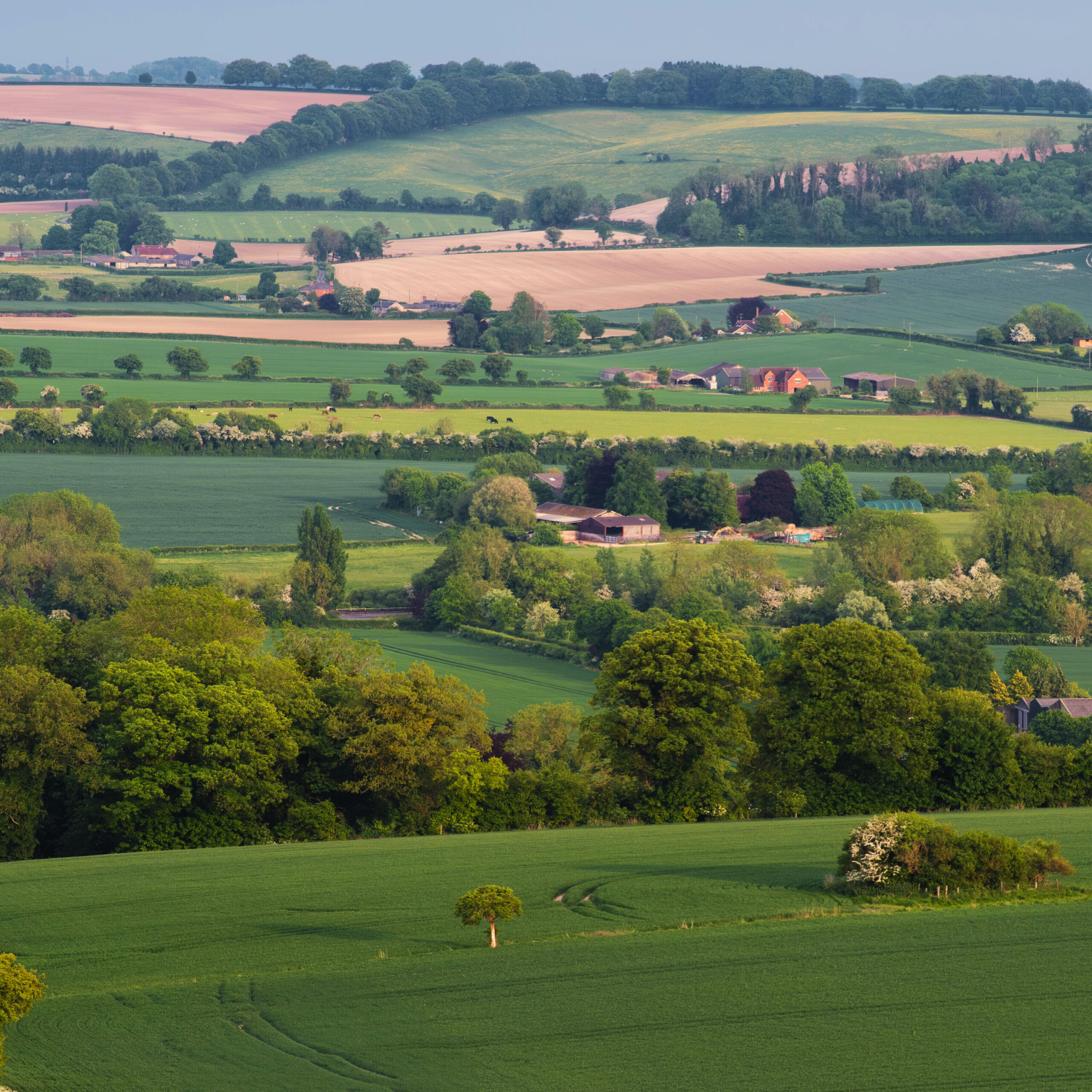
Farming and Wildlife Programme
Find out more
Scottish Wildcat Programme
Find out more
Mink: Research, Management, and Restoration
Find out more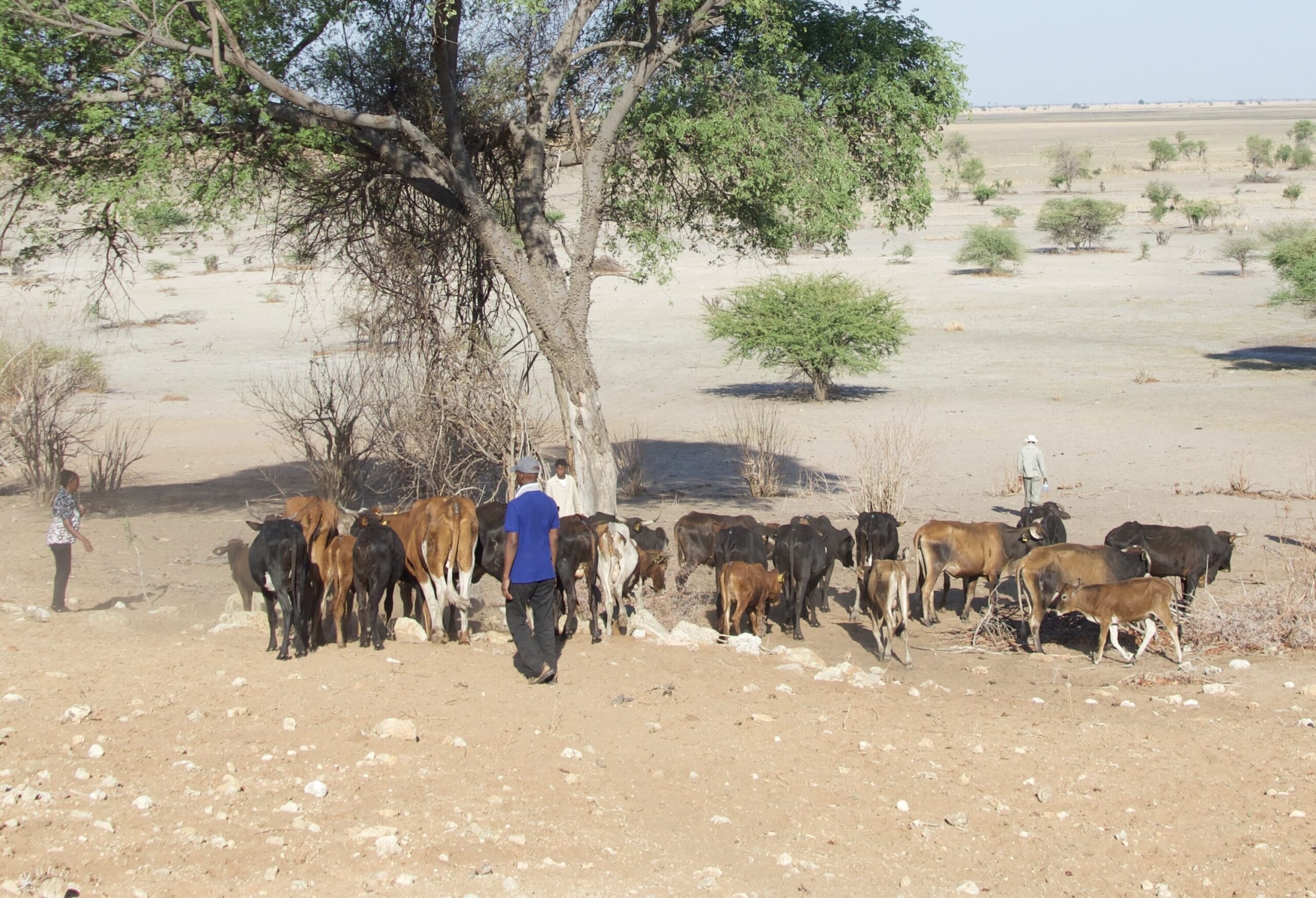
Botswana Coexistence Programme
Find out more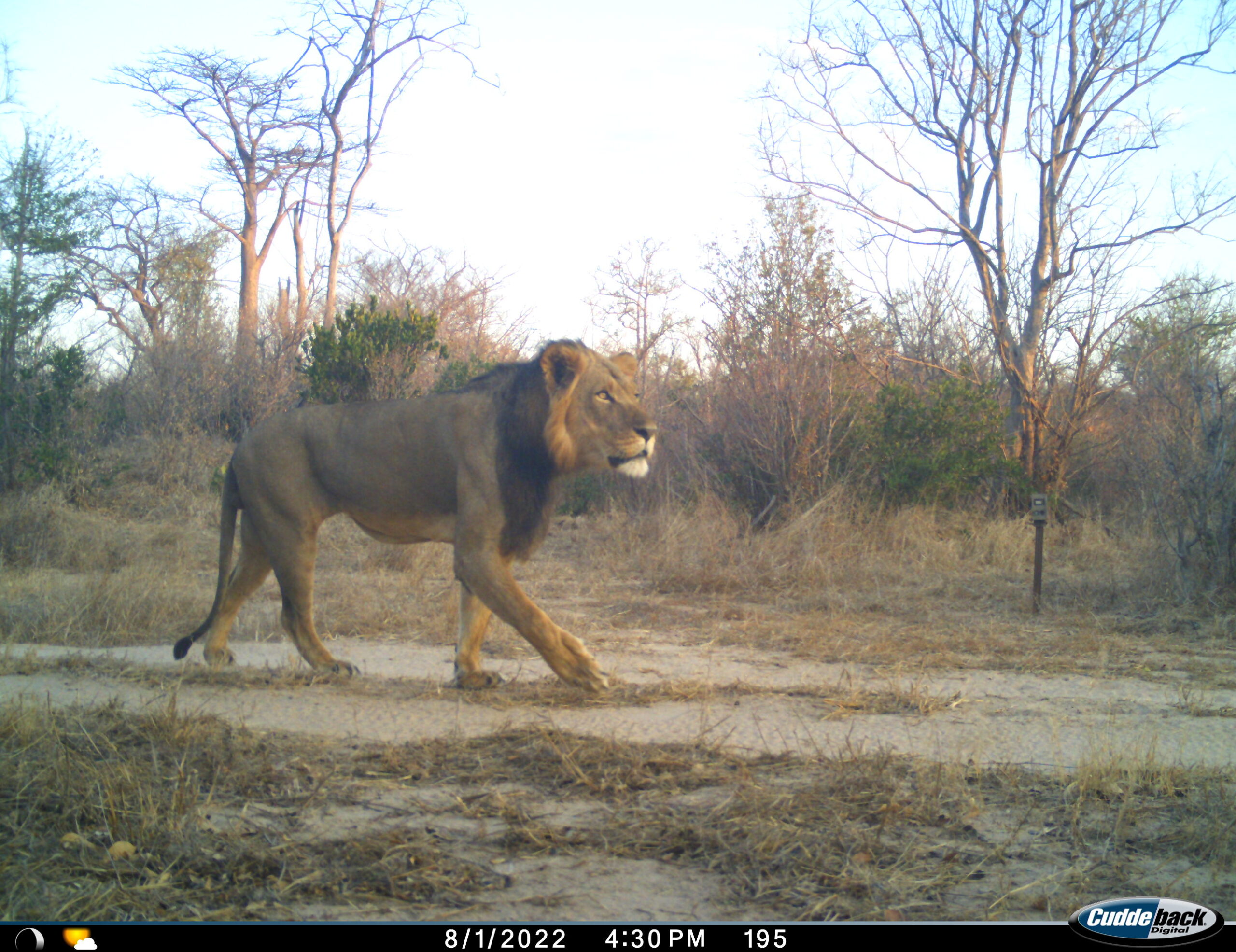
Carnivore population monitoring in Botswana and Zimbabwe
Find out more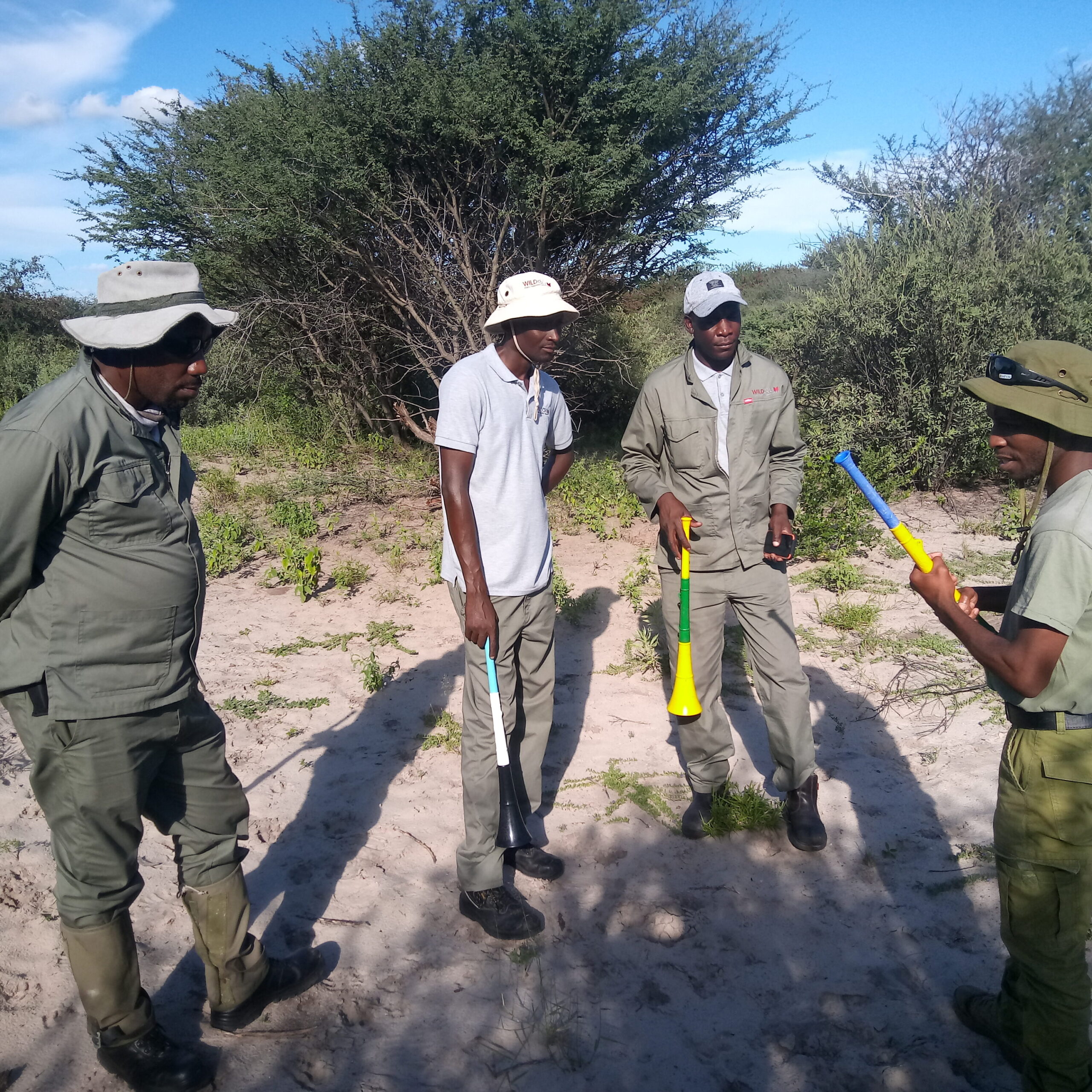
Long Shields Guardian Programme
Find out more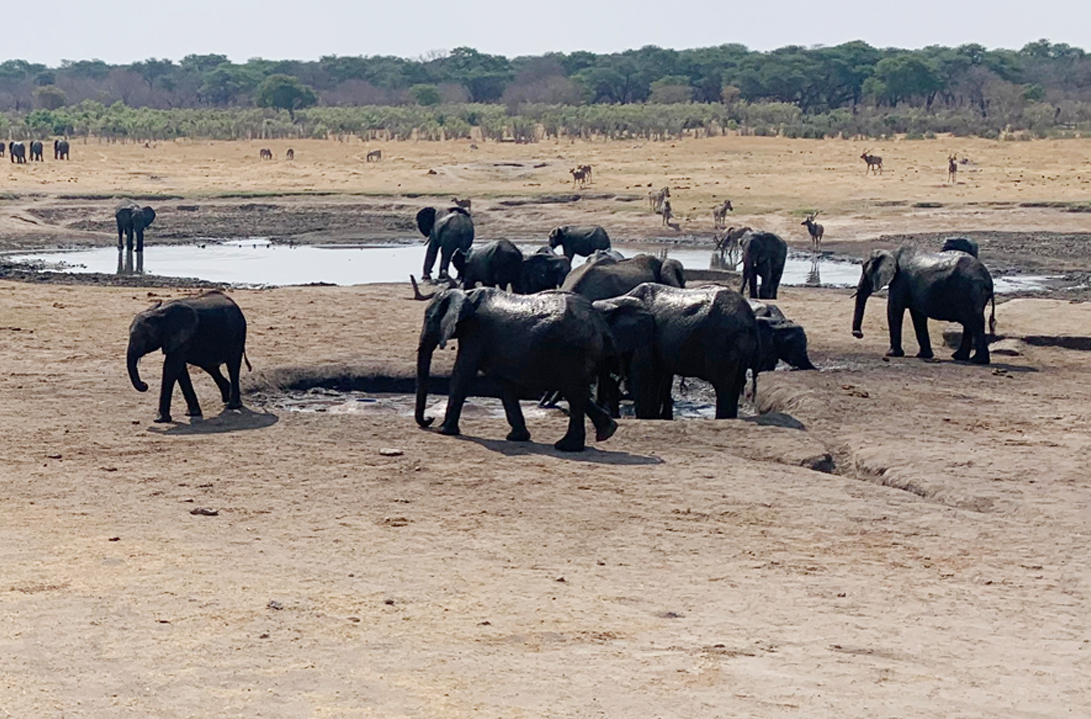
Investigating human-elephant conflict in NW Zimbabwe
Find out more
Ethiopian Wolf Conservation Programme
Find out more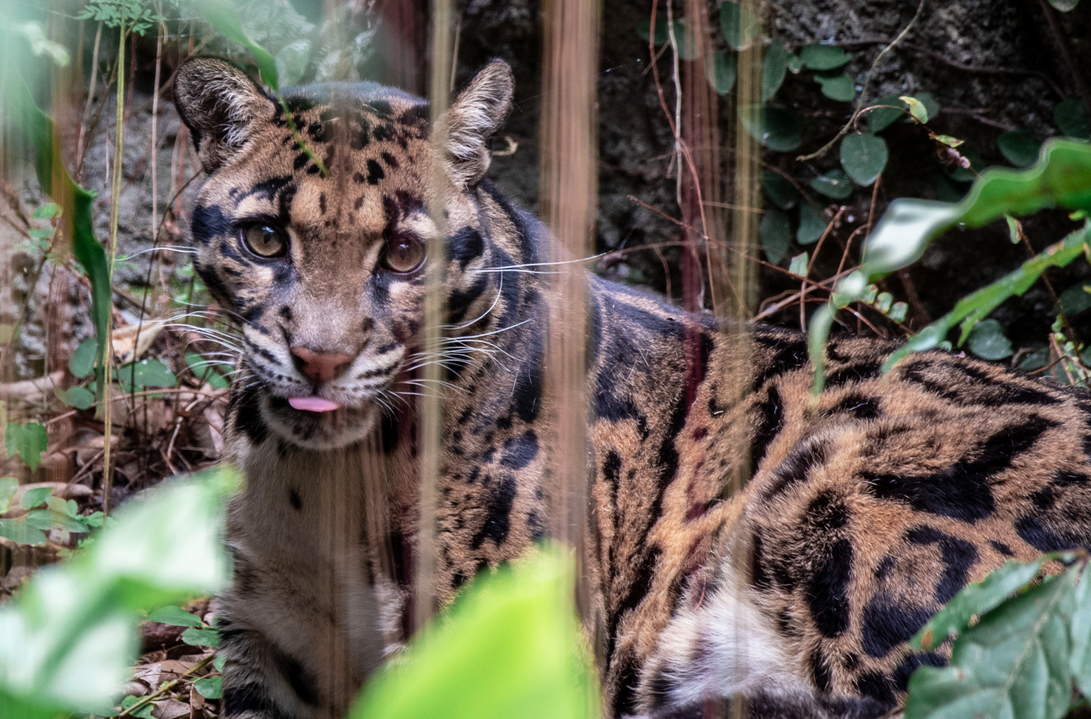
Clouded leopard reintroduction project
Find out more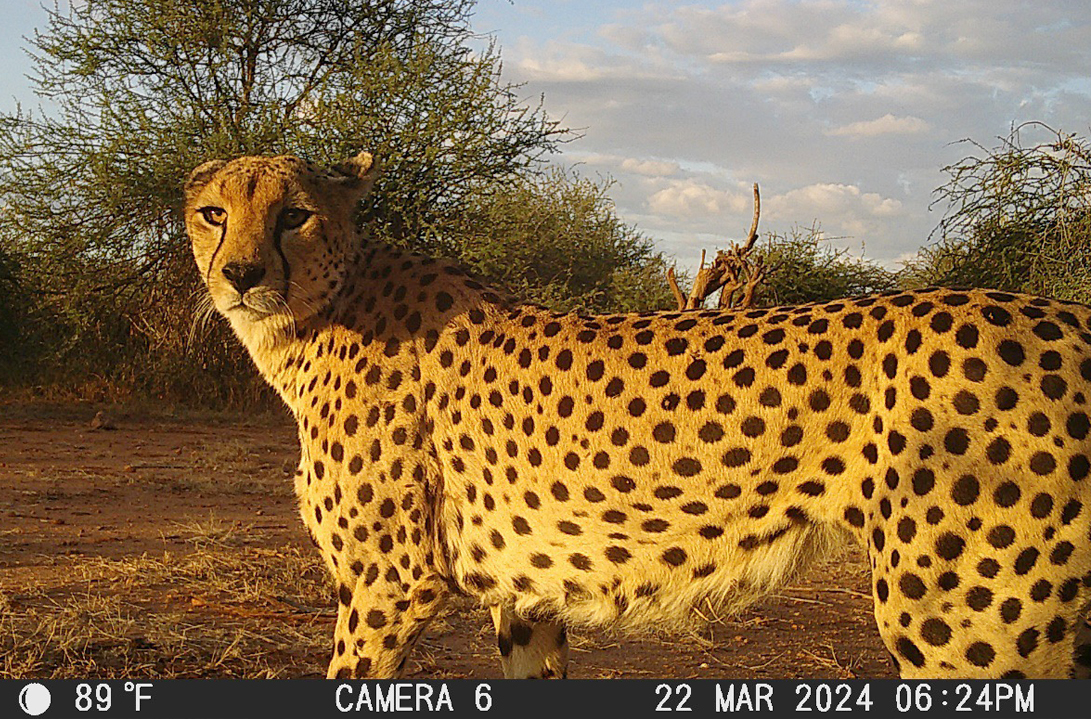
MorphoCam
Find out more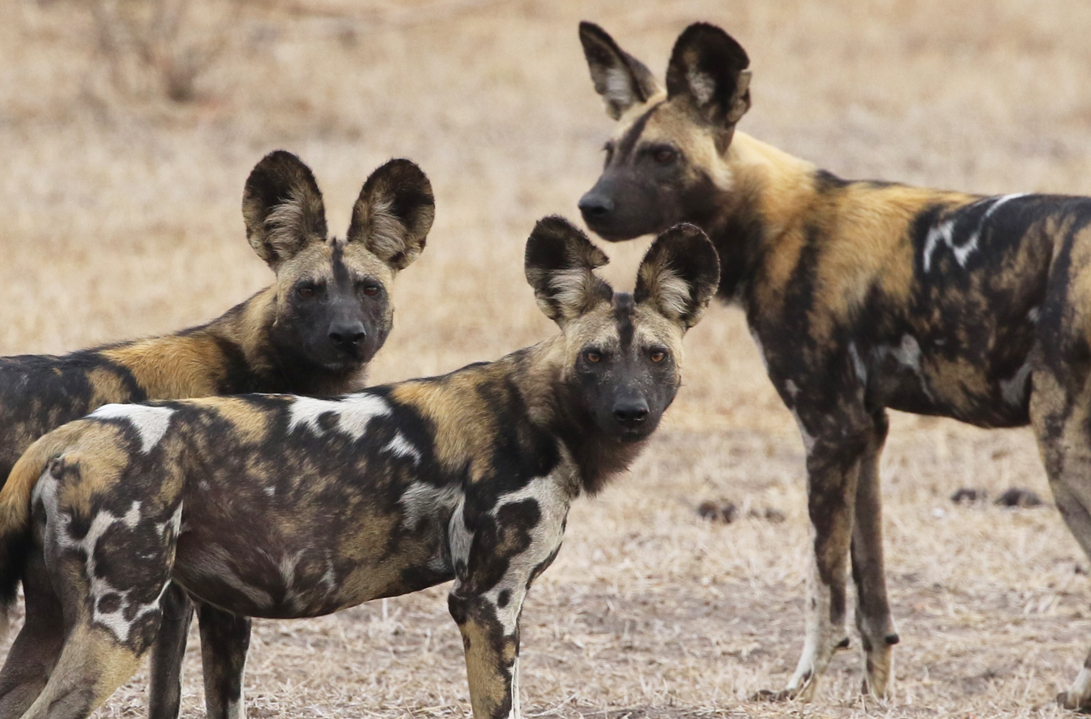
Conserving African wild dogs under climate change
Find out more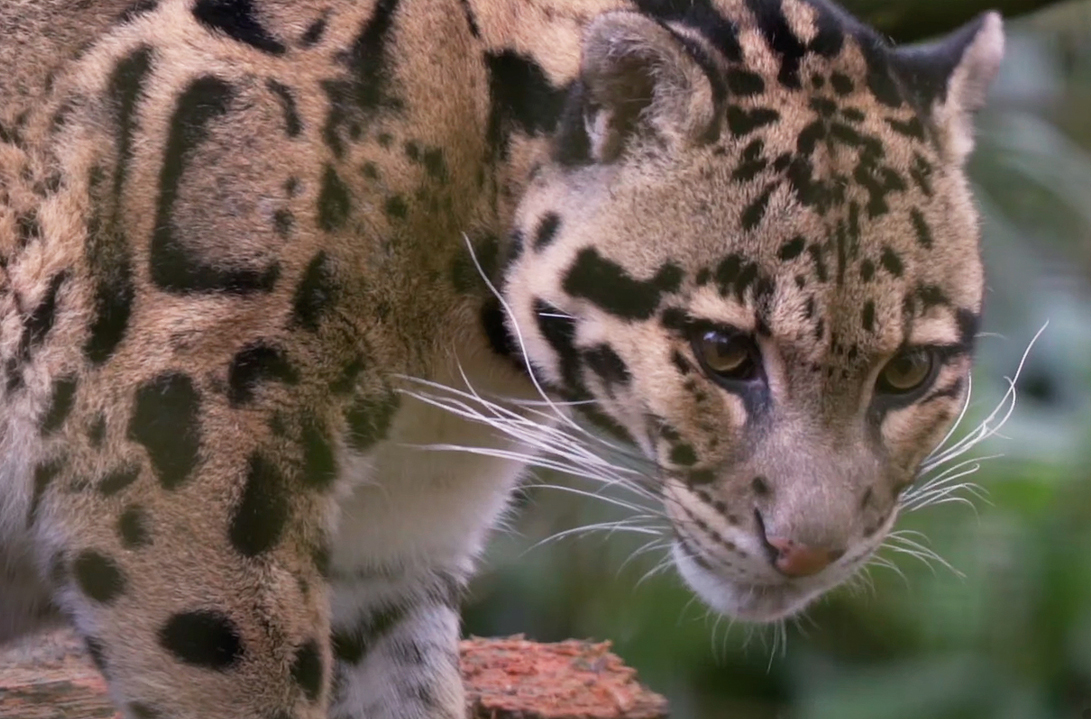
Southeast Asian Felids
Find out more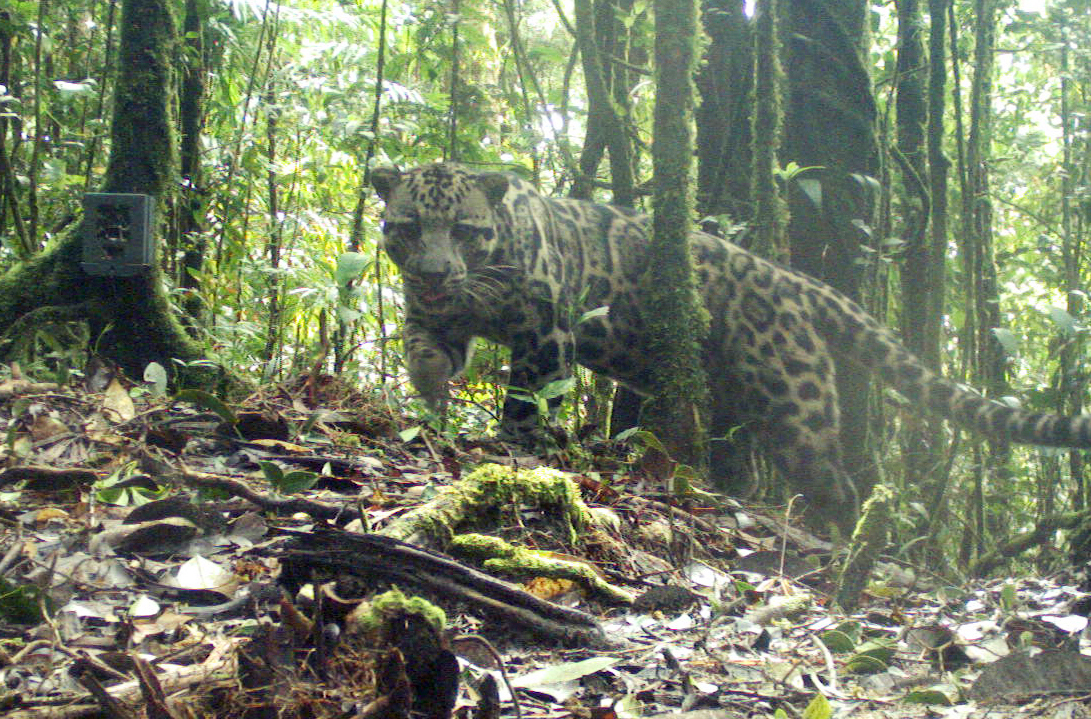
Population genomics of Sunda clouded leopards
Find out more
Lion Landscapes
Find out more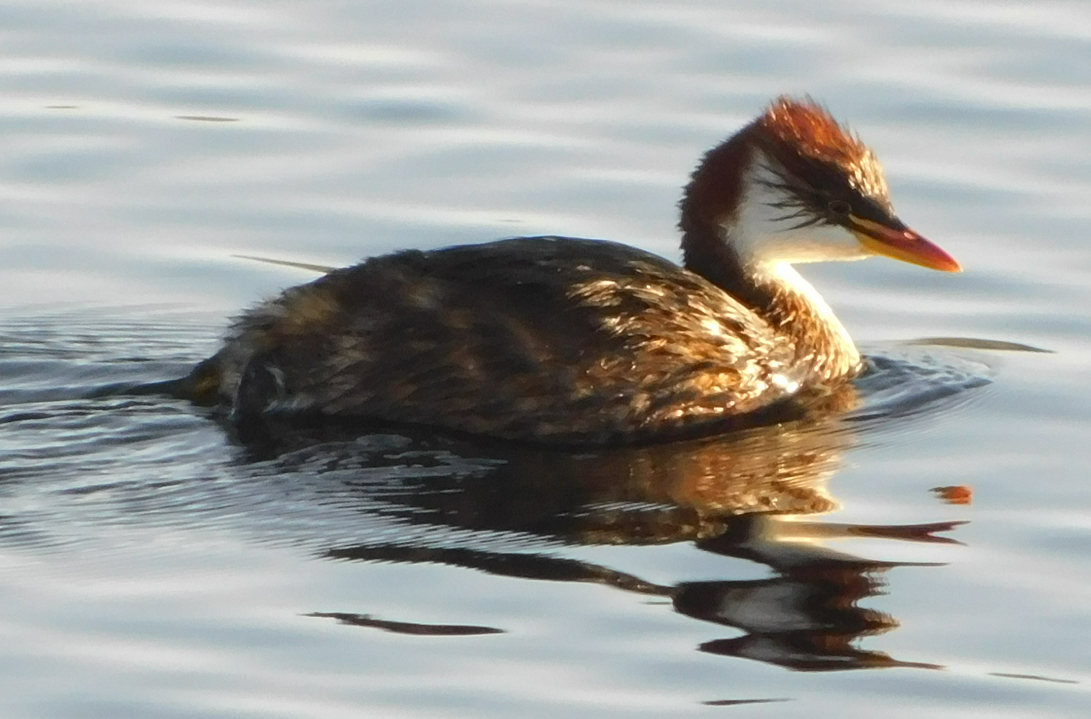
Conservation of the Titicaca grebe
Find out more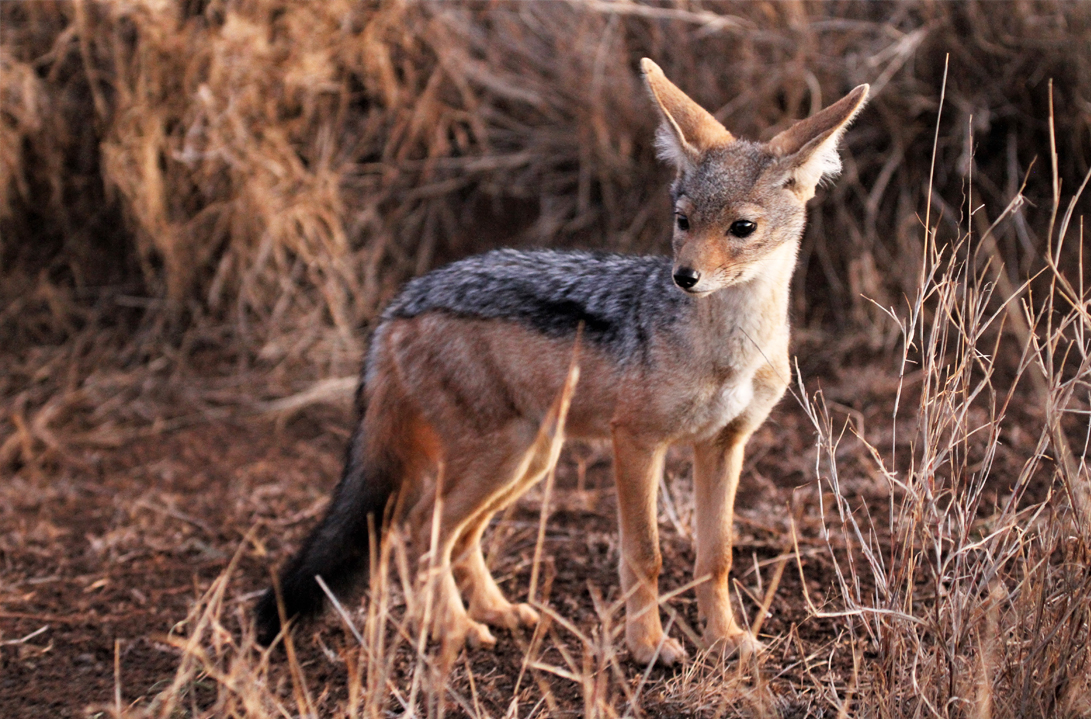
Changing carnivore communities & human-wildlife conflict in East Africa
Find out more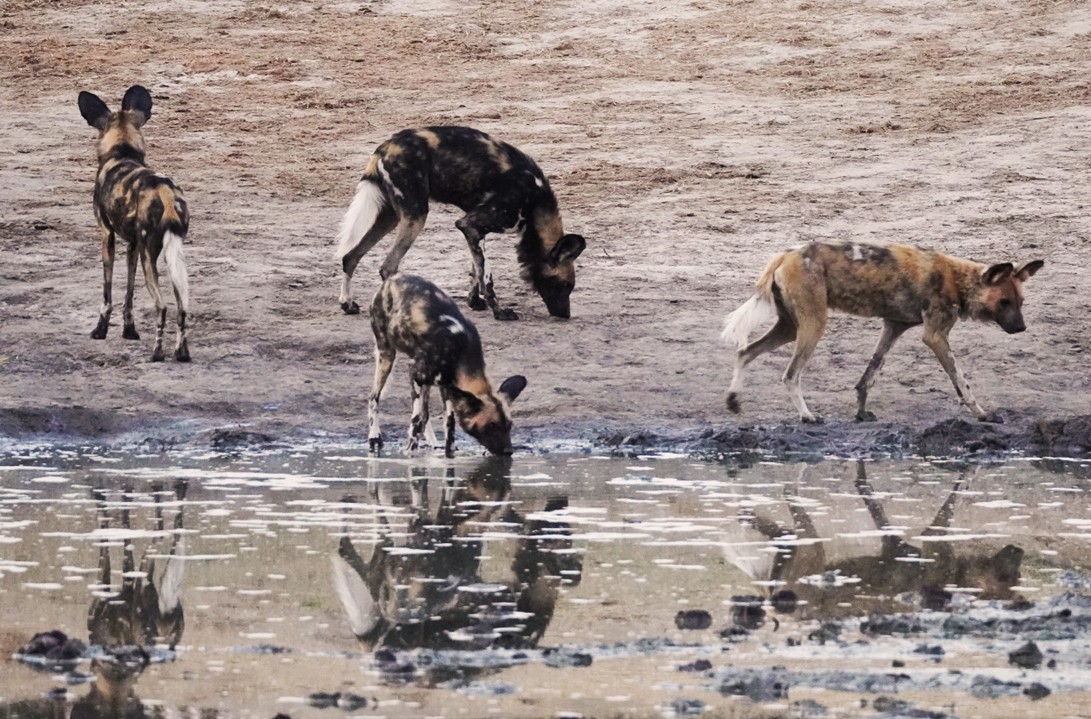
Water management to support African wild dog conservation
Find out more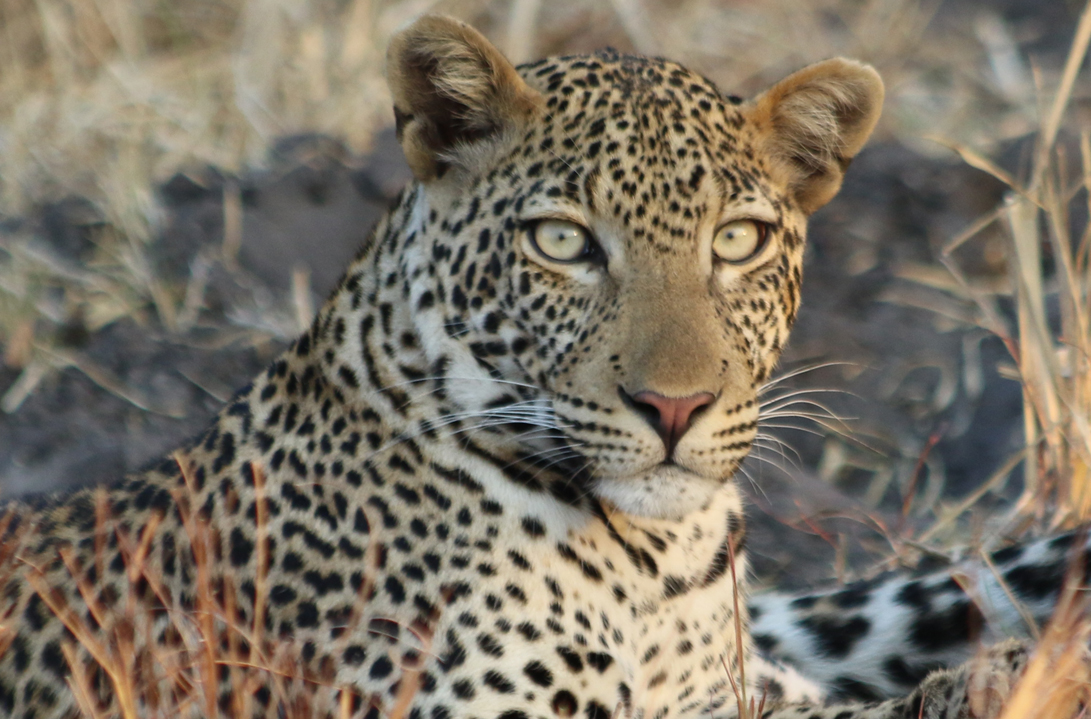
Large carnivore survey of Ethiopia
Find out more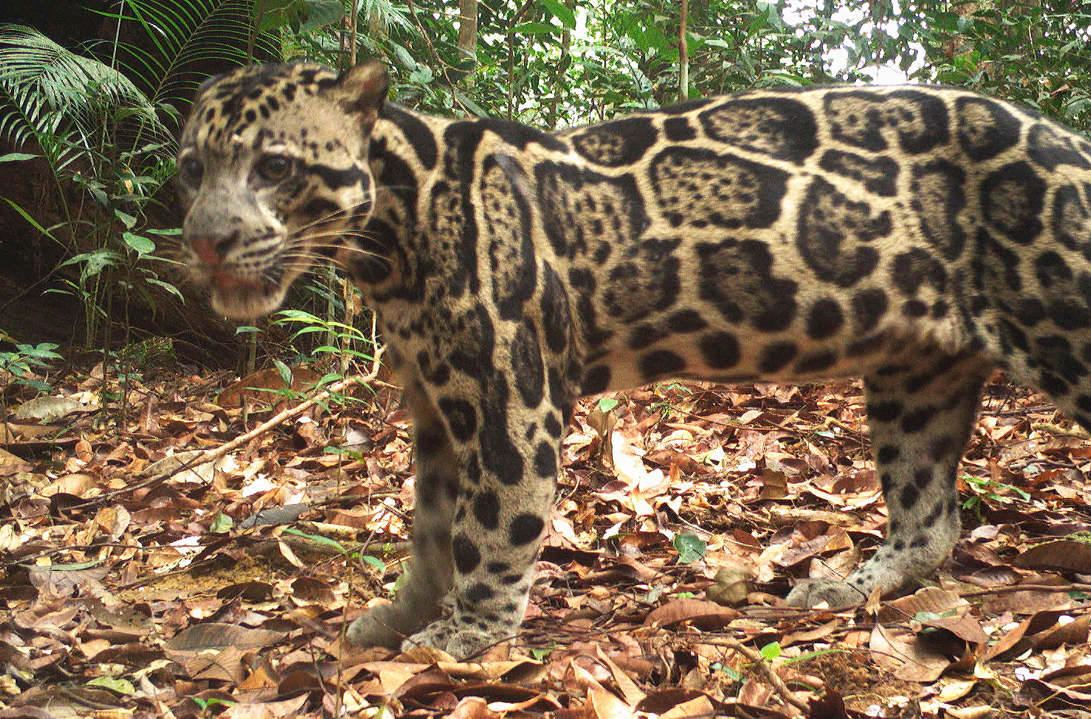
Bornean Carnivore Programme
Find out more
Lion conservation in West, Central and Horn of Africa
Find out more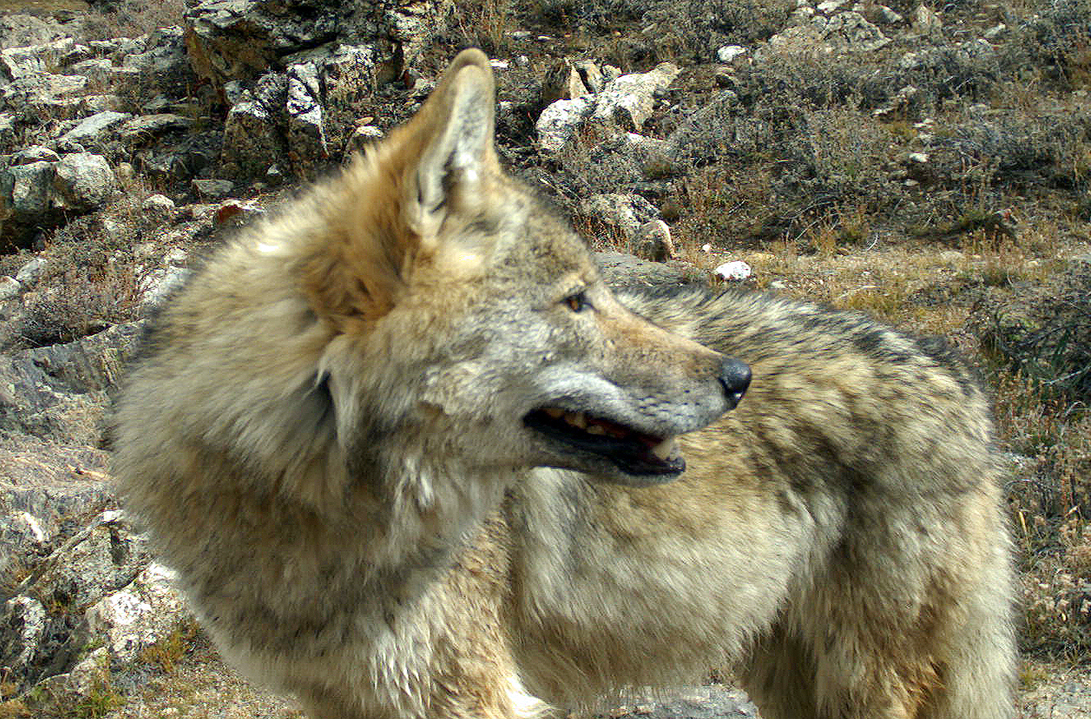
The Himalayan Wolves Project
Find out more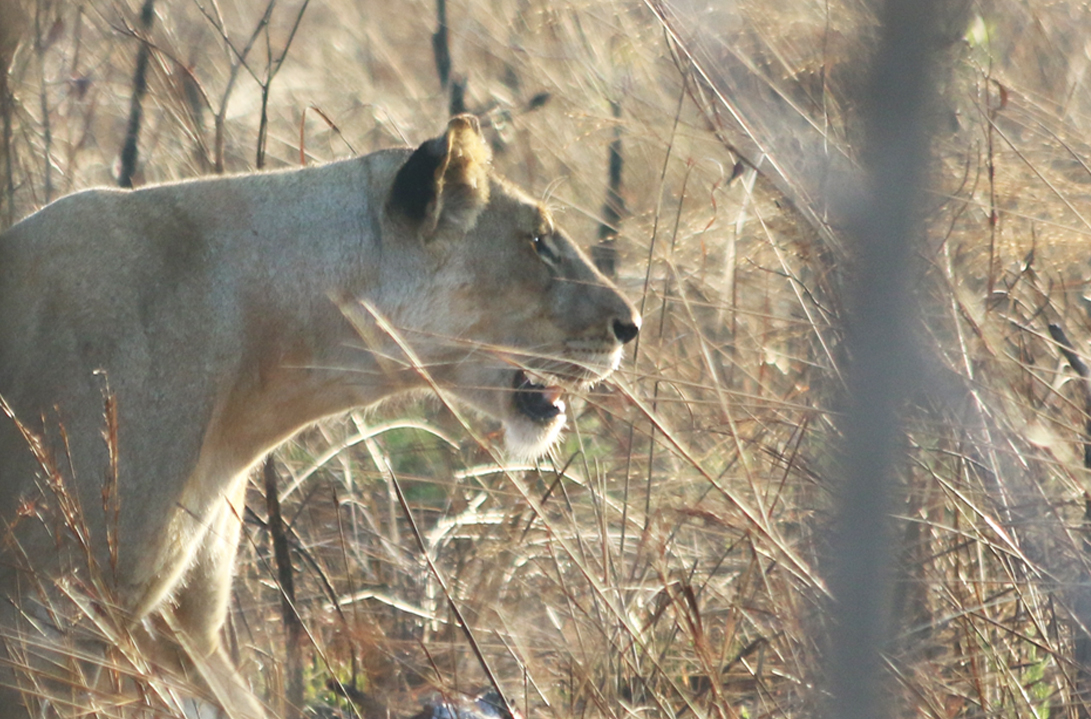
Transboundary Landscape Connectivity and Wildlife Economy in KAZA
Find out more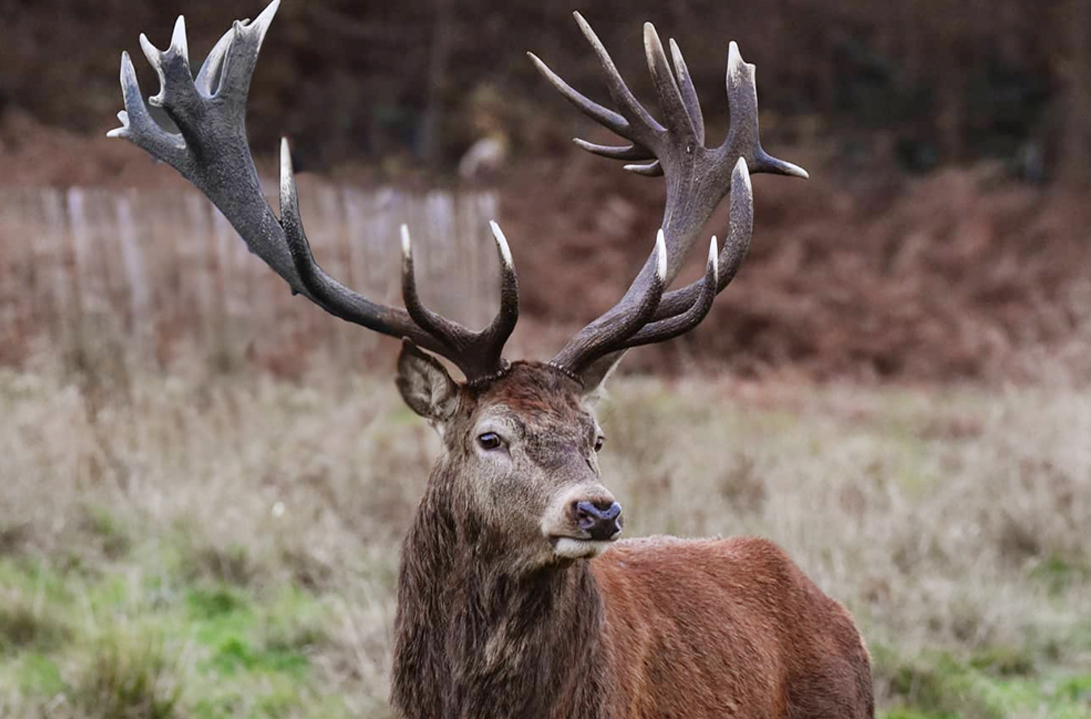
Wild deer in Scotland
Find out moreFilters
WILDCRU RESEARCH AND CONSERVATION PROGRAMMES
WildCRU programmes combine research and conservation implementation activities, working in collaboration with communities, local and national authorities and other stakeholders. They have permanent staff in-situ and most have been running for many years if not decades.
WILDCRU RESEARCH PROJECTS
WildCRU projects involve research staff and students, covering a broad array of topics and disciplines, all contributing new and vital knowledge to inform conservation.